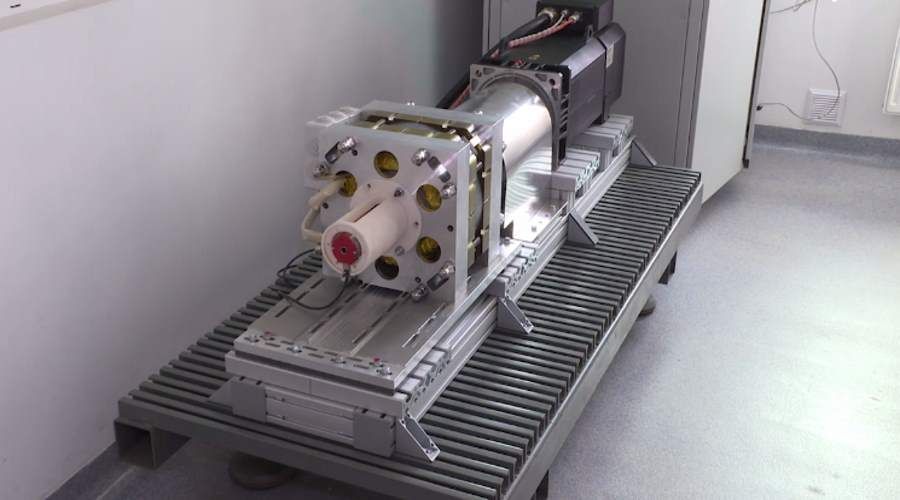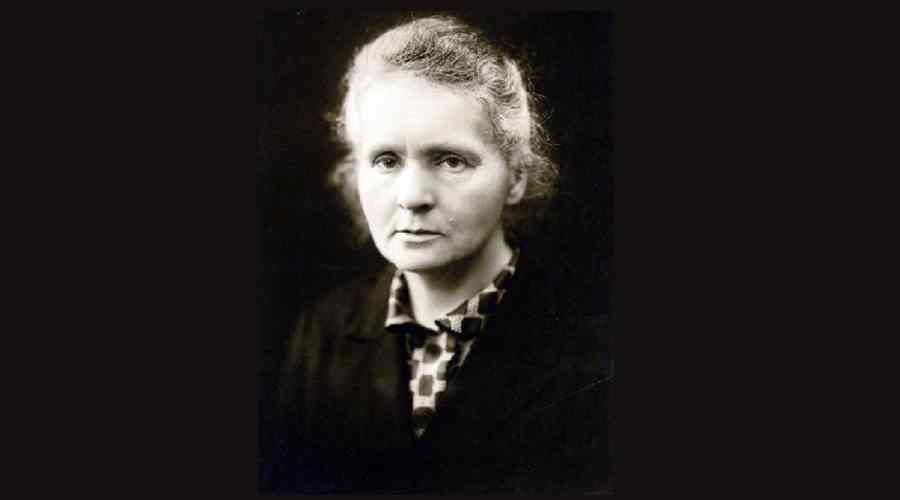Experts: no company can afford to implement an innovative drug
The meeting was organized by the Center for Preclinical Research and Technology (CePT), consolidating the leading scientific teams in Mazovia wspóWorking with business to implement innovative projectsóin research to market. CePT is the largest biomedical and biotechnology project in Central and Eastern Europe.
For 30 years, no innovative drug of domestic production has appeared in our country. – The problem, however, is not a lack of innovative ideasóin the midst of theód our researchers, but finding a partner from industry whoóry móThe meeting was organized by the Center for Preclinical Research and Technology (CePT), consolidating leading scientific teams in Mazovia in the 1990s – said the director of the University of Warsaw’s Center for New Technologies, prof. Piotr Węgleński.
The specialist gave the example of an anti-cancer vaccine for the treatment of melanoma, in whichórej used the invention of scientistsów of the University of Warsaw. – The license for this product for several hundred thousand dollarsów had to be sold to Germany (to the biotech company BioNTech – przyp. red.), whichóra after further research on it resold it for $300 millionóIn the pharmaceutical company Sanofi and for $310 millionóin the Roche corporation – explained prof. Weglinski.
The director of the UW’s Center for New Technologies stressed that this had to be done because no company was interested in acquiring the invention of the scientistóat the UW and to undertake further research on it.
Dr. Jerzy Pieczykolan of the pharmaceutical company CelonPharma explained that no one in our country is able to finance the very expensive clinical trials, especially theólnie phase II and III, whichóre are necessary to bring a new innovative drug into practice. This is because bringing an innovative drug to market requires a huge amount of money.
Costly research
The specialist presented data from whichórych shows that the cost of developing and implementing such preparationsów have risen sharply in recent years. In the 1970s. In the 1990s. It was enough to invest in a new drug ok. 180 thousand. Dollarów, in the 1990s. The past century has already cost more than $1 billion inów, and in the first decade of the 21st w. The expenditures required to do so rose to $2.5 billionów.
– This is because new-generation drugs require new, much more expensive technologies. For this reason they grow róalso the cost of treatment – emphasized Dr. Pieczykolan.
Dr. Marcin Szumowski of the innovative biotech company OncoArendi Therapeutics said that innovative companies are only able to bring the drug research to a certain stage, and then they have to resell the license to interested pharmaceutical companies. – I hope, however, that in the future there will be a company, która will be able to implement the new drug, he stressed.
The specialist added that for the time being there is not even a center in our countryów, whichó), which would be able to organize clinical trials (they are carried out in our country, but at the expense of foreign companiesóin pharmaceuticals – note. red.).
During the conference zwróIt was pointed out that there is a need for legal regulations, zaróboth in the area of science and financeów, facilitating the flow of fundsóin funding from industry for scientific research and guaranteeing scientific centers a partial incomeód of the commercialized projectów. It was pointed out róAlso on the complicated procedures for applying for public funds for research.
"We have no shortage of capable scientistsów"
Advisor to the Vice President of the Council of Ministersów, Minister of Science Piotr Ziółkowski said that the increase in spendingóin research and developmentój serves introduced in January 2017. The so-called. A small law on innovation, increasing tax breaks for entrepreneursów investing in research. – We are now conducting a public consultation on the next, "large" The law on the matter – added. The consultation is on the White Paper on Innovation, whichóra is to be the basis of a new law, whichóra is expected to come into force in 2018.
Rector of the University of Warsaw prof. Miroslaw Wielgos said that fostering innovation in the field of biotechnology and biopharmacy creates great opportunities for the development of our knowledge-based economy. – We are not short of the ideaóin nor scientistsów capable of carrying out the most ambitious projects,” he stressed.
The data presented at the conference shows that although spending on innovation in our country has doubled over the past 10 years, we are still in the bottom ten of the country’sóIn Europe, in whichórities that account for less than 1 percent of GDP.
From the published at the end of 2016. CSO report shows that in 2015. expenditures on research and developmentój in the field of biotechnology amounted to just over PLN 850 million, an increase of just 4.1 percent. vs. 2014. Meanwhile, only próto preclinical testing of a new innovative drug can cost up to PLN 50 million.





